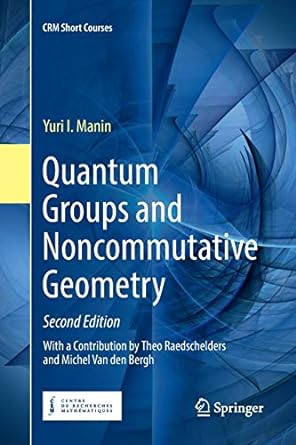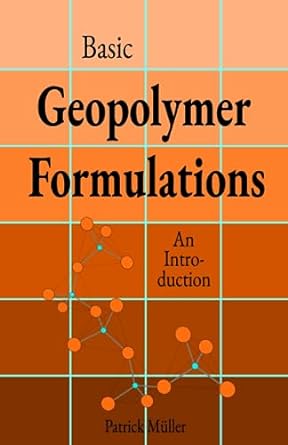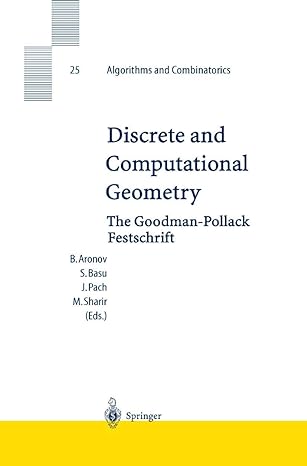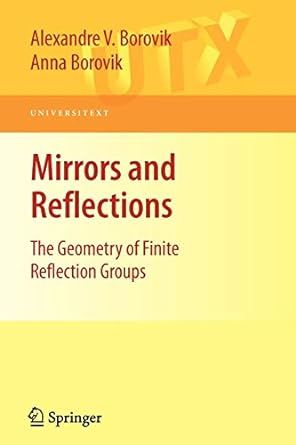Go back

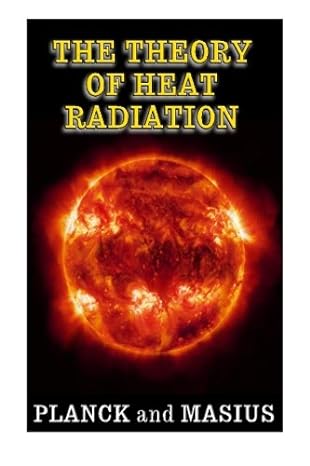
The Theory Of Heat Radiation(1st Edition)
Authors:
Max Planck, Masius

Cover Type:Hardcover
Condition:Used
In Stock
Include with your book
Free shipping: April 06, 2024Popular items with books
Access to 3 Million+ solutions
Free ✝
Ask 10 Questions from expert
200,000+ Expert answers
✝ 7 days-trial
Total Price:
$0
List Price: $9.99
Savings: $9.99(100%)
Book details
ISBN: 1484078918, 978-1484078914
Book publisher: CreateSpace Independent Publishing Platform (April 10, 2013)
Get your hands on the best-selling book The Theory Of Heat Radiation 1st Edition for free. Feed your curiosity and let your imagination soar with the best stories coming out to you without hefty price tags. Browse SolutionInn to discover a treasure trove of fiction and non-fiction books where every page leads the reader to an undiscovered world. Start your literary adventure right away and also enjoy free shipping of these complimentary books to your door.
The Theory Of Heat Radiation 1st Edition Summary: Recent advances in physical research have, on the whole, been favorable to the special theory outlined in this book, in particular to the hypothesis of an elementary quantity of action. My radiation formula especially has so far stood all tests satisfactorily, including even the refined systematic measurements which have been carried out. Probably the most direct support for the fundamental idea of the hypothesis of quanta is supplied by the values of the elementary quanta of matter and electricity derived from it. I made my first calculation of the value of the elementary electric charge and found it to be 4:69, Meanwhile the experimental methods, improved in an admirable way by the labors of Perrin and Millikan and others, decided in favor of the value deduced from the theory of radiation which lies between the values of Perrin and Millikan. To the two mutually independent confirmations mentioned, there has been added, as a further strong support of the hypothesis of quanta, which seems to point unmistakably to the fact that, not only the processes of radiation, but also the molecular processes take place in accordance with certain elementary quanta of a definite finite magnitude. For the hypothesis of quanta as well as the heat theorem may be reduced to the simple proposition that the thermodynamic probability of a physical state is a definite integral number, or, what amounts to the same thing, that the entropy of a state has a quite definite, positive value, which, as a minimum, becomes zero, while in contrast therewith the entropy may, according to the classical thermodynamics, decrease without limit to minus infinity. For the present, I would consider this proposition as the very quintessence of the hypothesis of quanta. The main fault of the original treatment was that it began with the classical electrodynamical laws of emission and absorption, whereas later on it became evident that, in order to meet the demand of experimental measurements, the assumption of finite energy elements must be introduced, an assumption which is in direct contradiction to the fundamental ideas of classical electrodynamics. It is true that this inconsistency is greatly reduced by the fact that, in reality, only mean values of energy are taken from classical electrodynamics, while, for the statistical calculation, the real values are used; nevertheless the treatment must, on the whole, have left the reader with the unsatisfactory feeling that it was not clearly to be seen, which of the assumptions made in the beginning could, and which could not, be retained. In contrast thereto I have now attempted to treat the subject from the very outset in such a way that none of the laws stated need, later on, be restricted or modified. This presents the advantage that the theory, so far as it is treated here, shows no contradiction in itself, though certainly I do not mean that it does not seem to call for improvements in many respects, as regards both its internal structure and its external form. To treat of the numerous applications, many of them very important, which the hypothesis of quanta has already found in other parts of physics, I have not regarded as part of my task, still less to discuss all differing opinions. For anyone who would make his attitude concerning the hypothesis of quanta depend on whether the significance of the quantum of action for the elementary physical processes is made clear in every respect or may be demonstrated by some simple dynamical model, misunderstands, I believe, the character and the meaning of the hypothesis of quanta. It is impossible to express a really new principle in terms of a model following old laws. And, as regards the final formulation of the hypothesis, we should not forget that, from the classical point of view, the physics of the atom really has always remained a very obscure, inaccessible region, into which the introduction of the elementary quantum of action promises to throw some light.
Customers also bought these books
Frequently Bought Together
Top Reviews for Books
Lucia Folerias
( 4 )
"Delivery was considerably fast, and the book I received was in a good condition."


